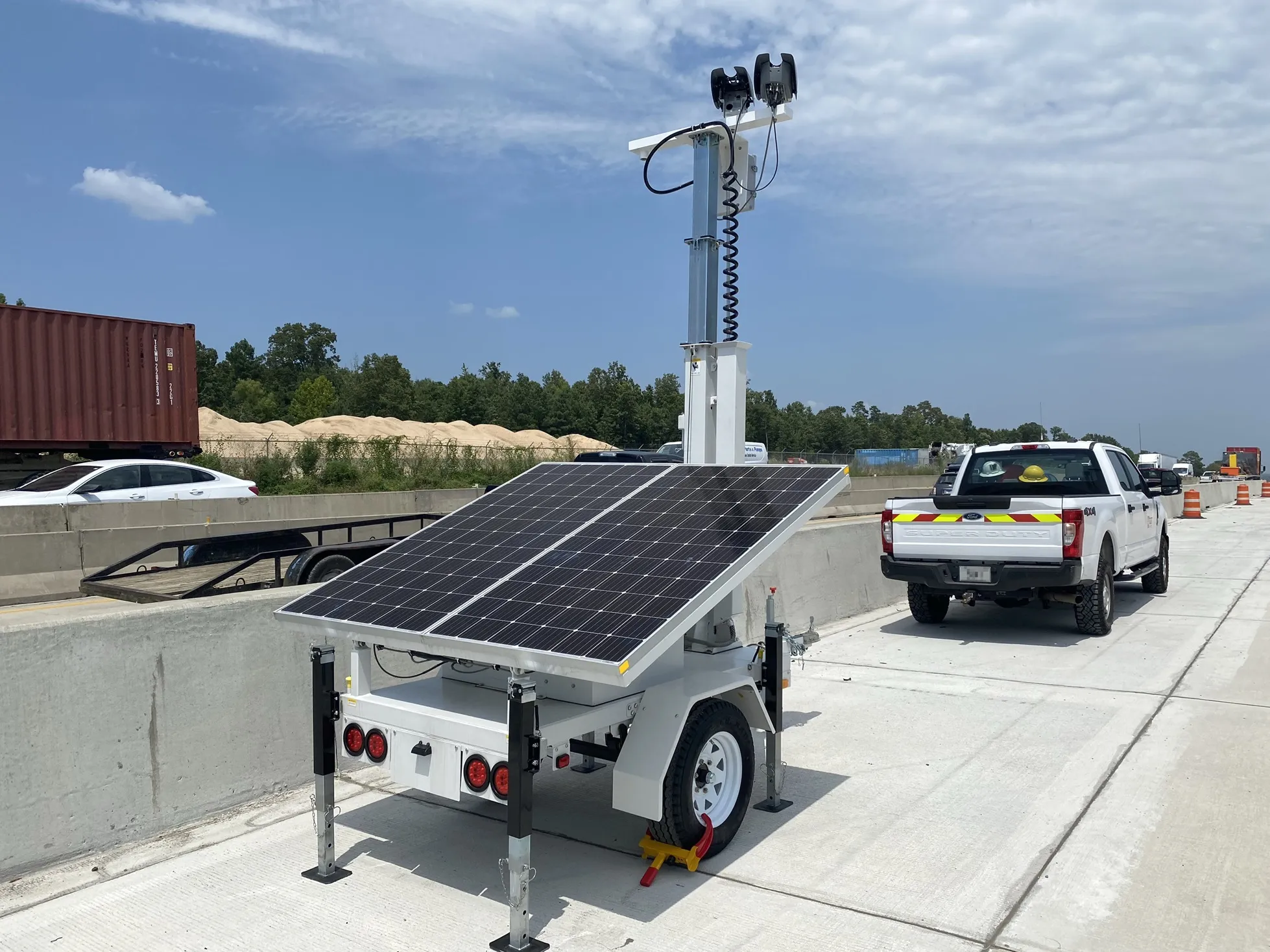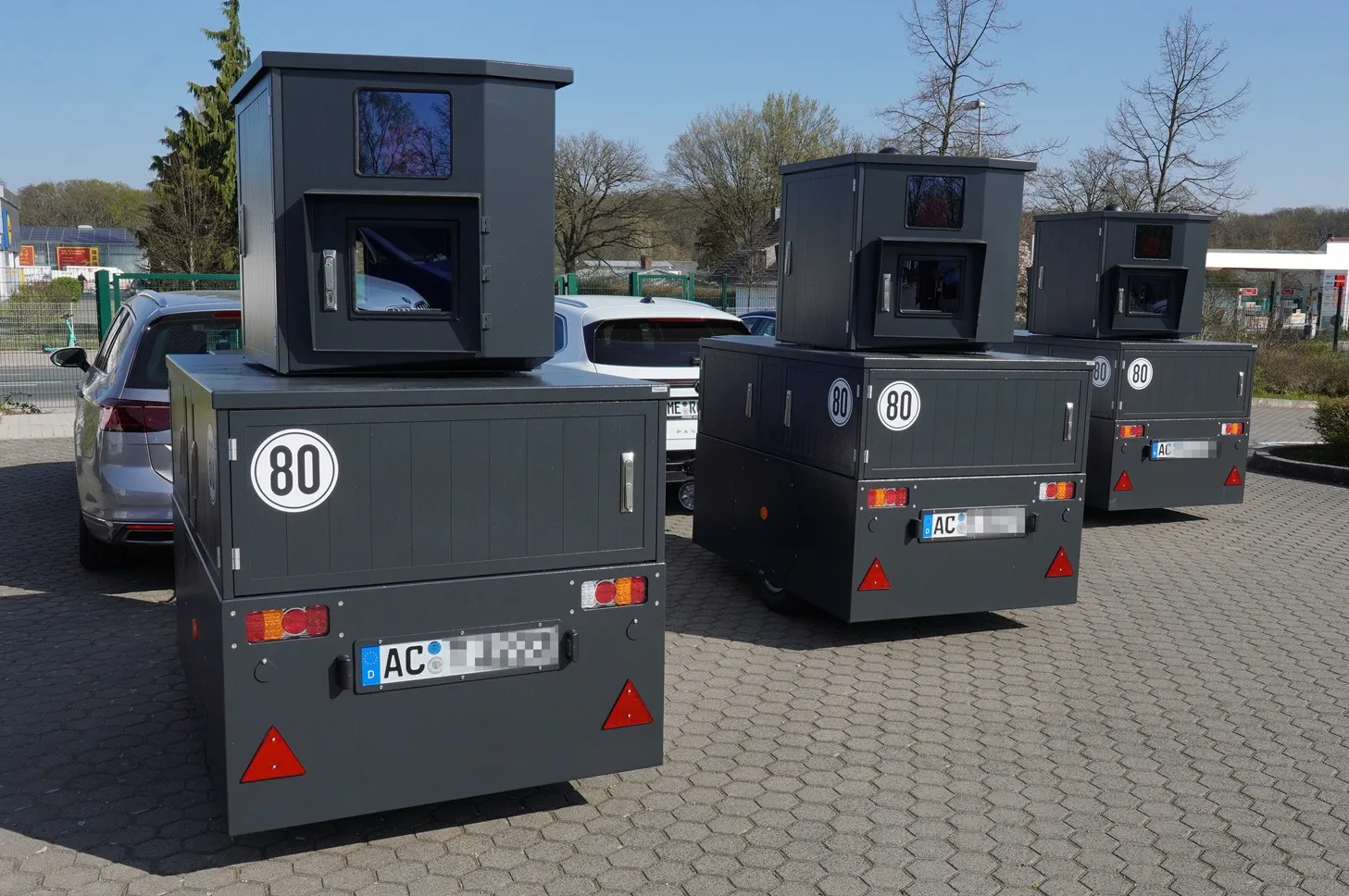
The US state of Arkansas will deploy more of Jenoptik’s mobile speed enforcement systems after initial results show a drop in workzone crashes.
Jenoptik Smart Mobility Solutions, a manufacturer of road safety and civil security solutions, said it supports the Arkansas Department of Transportation in its work zone safety campaign called "Slow Down, Phone Down".
The DoT implemented the campaign in 2022 in response to an alarming rise of workzone crashes since 2018. Speeding and driver inattention were among the leading causes of these. Beginning in 2022, Arkansas State Police and Arkansas Highway Police started placing patrols in workzones to crack down on reckless and distracted driving.
Jenoptik delivered the initial speed enforcement system last August for setting up in workzones. The system is equipped with Jenoptik’s Vector SR camera that combines automatic licence plate recognition (ALPR) together with a radar sensor panel to record speeding drivers and send violations to law enforcement in real time.
The speed enforcement system acts as a so-called “force multiplier” by allowing police officers to remain a safe distance outside the workzone. Since Arkansas DoT implemented its safety initiative in 2022, crashes have dropped almost 30%, it says.
“Preliminary results have shown a significant reduction in workzone crashes on our project since the speed enforcement camera has been used,” said Steve Frisbee, assistant chief engineer for maintenance with the Arkansas DoT.
The addition of Jenoptik’s speed enforcement system is an expansion of this already effective programme and contributes as a valuable piece to the overall solution.
Finbarr O’Carroll, president of Jenoptik Smart Mobility Solutions Americas, said the company continues to grow its footprint in the US. “We look forward to delivering more of our enforcement systems to Arkansas to continue helping reduce the number of accidents and fatalities in workzones, as well as workzone enforcement opportunities in other states.”







